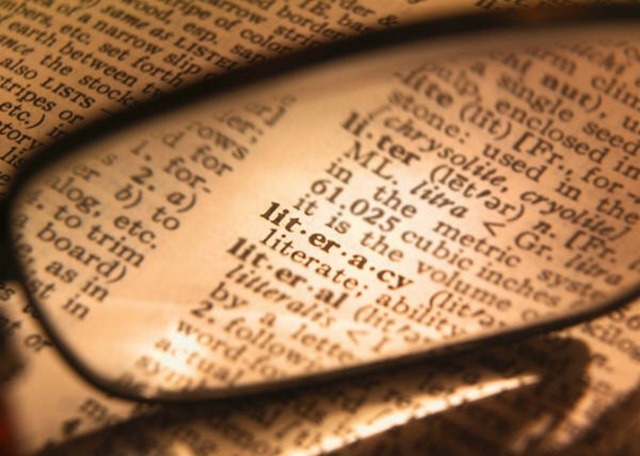The artist performing in this video is Terry Kelly. He was inspired to write this song for Remembrance Day in 1999. The following is an excerpt from his website:
On November 11, 1999 Terry Kelly was in a drug store in Dartmouth, Nova Scotia. At 10:55 AM an announcement came over the store’s PA asking customers who would still be on the premises at 11:00 AM to give two minutes of silence in respect to the veterans who have sacrificed so much for us.
Terry was impressed with the store’s leadership role in adopting the Legion’s “two minutes of silence” initiative. He felt that the store’s contribution of educating the public to the importance of remembering was commendable.
When eleven o’clock arrived on that day, an announcement was again made asking for the “two minutes of silence” to commence. All customers, with the exception of a man who was accompanied by his young child, showed their respect.
Terry’s anger towards the father for trying to engage the store’s clerk in conversation and for setting a bad example for his child was channeled into a beautiful piece of work called, “A Pittance of Time”. Terry later recorded “A Pittance of Time” and included it on his full-length music CD, “The Power of the Dream”.
For me, this action of a single person is what civic literacy is really all about.
Civic literacy is defined as follows:
*Participating effectively in civic life through knowing how to stay informed and understanding governmental processes;
*Exercising the rights and obligations of citizenship at local, state, national and global levels; and
*Understanding the local and global implications of civic decisions.
This diagram highlights the ELEMENTS of civic literacy...

... and this diagrams features the various civic literacy SKILLS.

Civic literacy has been identified as one of the key interdisciplinary themes of 21st century teaching and learning. What it basically comes down to is knowledge of how to actively participate in society for the greater good. In times of global chaos, and we can find it wherever we put our fingers on the world map, we should all be helping our students to come up with ways to be in the world peacefully. It's not just about voting in elections, because frankly, even in democracies, governments are sometimes powerless against external forces. It's about developing a conscience about issues that are not just important to individual people, but to the collective.
I think the benefits are obvious. If all teachers made a concerted effort to incorporate civic literacy in their disciplines, we would see:
-increased participation in community and civic affairs
-communication and improved solidarity among people across racial, gender, religious, economic and ethnic lines
-increased curiosity to learn more about various cultures and world affairs
Civic literacy needs to be the basic and foundational culture that is established in a classroom. It encourages participation because it is rooted in basic democratic principles and can even foster effective conflict resolution and peer mediation.




No comments:
Post a Comment